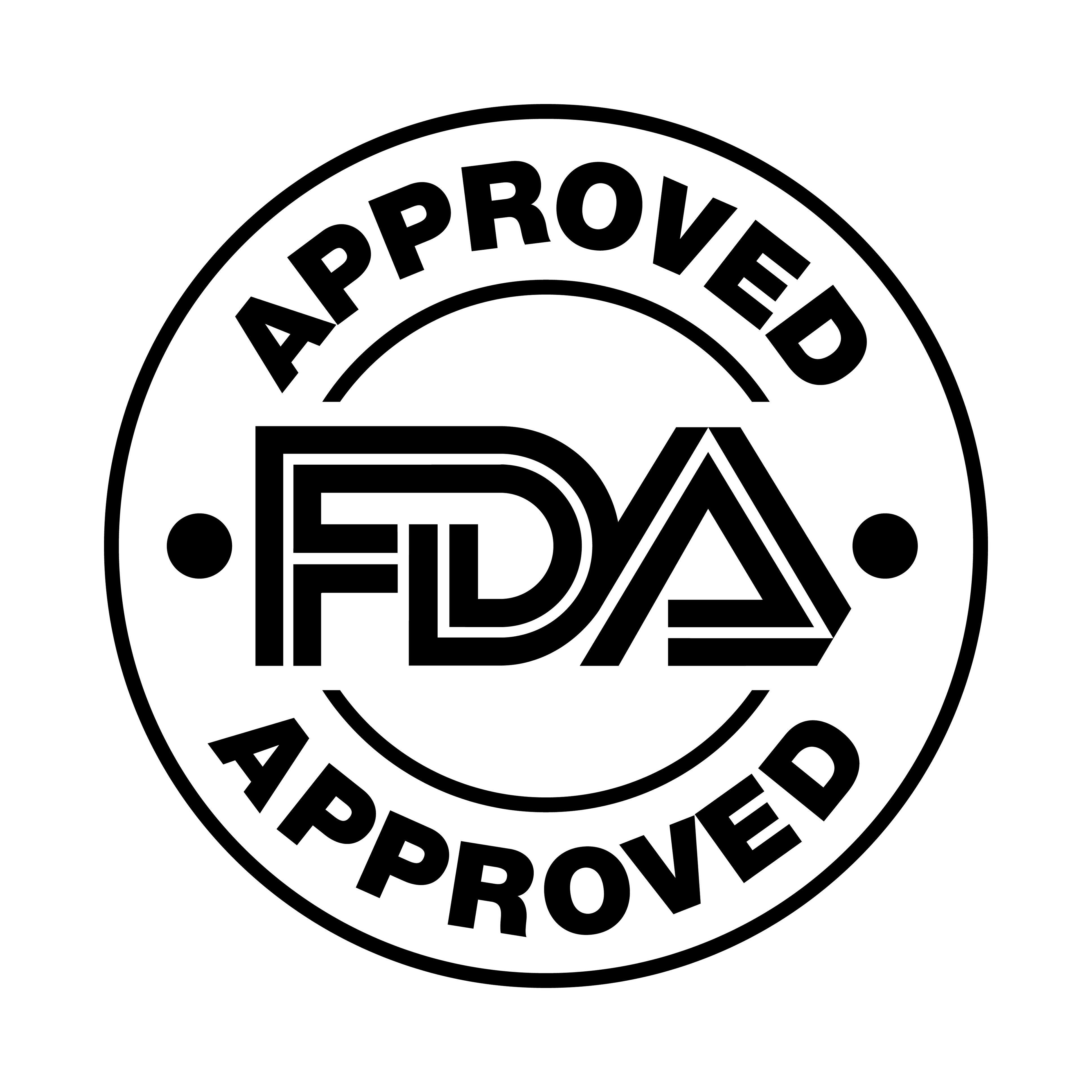FDA approves arimoclomol as first drug to treat Neimann-Pick disease, type C
The approval is indicated for adults and children aged 2 years and older, making arimoclomol (Miplyffa) the first drug approved by the FDA to treat NPC.
Arimoclomol approved as first drug to treat Neimann-Pick disease | Image Credit: © Calin - © Calin - stock.adobe.com.

The FDA has approved the first drug to treat Neimann-Pick disease, type C (NPC) in adults and children aged 2 years and older.1
According to the federal agency, it has approved arimoclomol (Miplyffa; Zevra Therapeutics), in combination with the enzyme inhibitor miglustat, to treat the rare disease that results in progressive neurological symptoms and organ dysfunction.1
"NPC is a serious disease that leads to enormous adverse impacts on patients and families. Despite extensive research efforts, there have not been approved treatments to meet the significant needs of patients,” said Janet Maynard, MD, MHS, in a press release from the FDA.1
Maynard is the director of the Office of Rare Diseases, Pediatrics, in the FDA's Center for Drug Evaluation and Research. "The first-ever approval of a safe and effective drug option for NPC will undoubtedly support the essential medical needs of those suffering," added Maynard.1
NPC is caused by changes in the NPC1 or NPC2 gene, which affects the "necessary transport of cholesterol and other lipids within a cell," wrote the FDA, resulting in cells not functioning properly, which ultimately leads to organ damage. Those affected by NPC live for approximately 13 years.1
Approval was supported by arimoclomol's safety and efficacy demonstrated in a randomized, double-blind, placebo-controlled 12-month trial in patients aged 2 to 19 years who had a molecularly-confirmed diagnosis of NPC. Fifty patients were randomized 2:1 to weight-adjusted arimoclomol treatment (31 to 124 mg) or placebo orally 3 times daily. Thirty-nine of the 50 patients received miglustat as background treatment in the trial.1
Efficacy was demonstrated by the rescored 4-domain NPC Clinical Severity Scale (R4DNPCCSS) score in the patients who used miglustat as their background treatment. A measure of NPC disease progression, R4DNPCCSS looks at 4 items that patients with NPC, their caregivers, and physicians have identified as the most relevant. These include ambulation, speech, swallow, and fine motor skills. With a higher score signifying a greater severity of disease, arimoclomol resulted in a slower disease progression measured by the R4DNPCCSS score compared to placebo.1
On September 6, 2024, data for arimoclomol was presented in 4 poster sessions at the Society for the Study of Inborn Errors of Metabolism (SSIEM) 2024 Annual Symposium.2
In poster 21260, treatment was evaluated another 12-month, placebo-controlled trial (NCT02612129) using the original 5-domain Niemann pick type C clinical severity scale (5DNPCCSS) and the modified 4-domain Niemann Pick type C clinical severity scale (4DNPCCSS). A statistically significant treatment effect was demonstrated, as was the prespecified 5DNPCCSS primary endpoint, representing a clinically meaningful reduction in disease progression with arimoclomol treatment compared to placebo.2
In poster 21271, data from the 12-month double-blind and 48-month open-label extension portion of the trial were presented using 4DNPCCSS to evaluate ambulation, speech, swallowing, and fine motor skills.2
"For those patients transitioning from placebo to arimoclomol at the start of the open-label extension period, the mean annual rate of disease progression reduced from an annual rate of change of 1.9 points during the double-blind phase, to a rate of 0.3 in the first 12 months of treatment, remained numerically smaller for the rest of the trial, and was comparable between the double-blind phase of the trial and the open-label extension phase of the trial," stated Zevra Therapeutics in a summary of the poster session.2
Arimoclomol's prescribing information contains a warning for hypersensitivity reactions including hives and angioedema. Those who experience these adverse reactions should stop using arimoclomol and females who are pregnant or plan to become pregnant should not use arimoclomol.1
According to the FDA, the most common side effects include upper respiratory tract infection, diarrhea, and decreased weight.1
References:
1. FDA approves first treatment for Niemann-Pick Disease, Type C. FDA. Press release. September 20, 2024. Accessed September 20, 2024. https://content.govdelivery.com/accounts/USFDA/bulletins/3b708bf
2. Zevra Therapeutics Presented New Data For Arimoclomol And OLPRUVA® (Sodium Phenylbutyrate) At The Society For The Study Of Inborn Errors Of Metabolism (SSIEM) 2024 Annual Symposium. Zevra Therapeutics. Press release. September 6, 2024. Accessed September 20, 2024. https://investors.kempharm.com/news-releases/news-release-details/zevra-therapeutics-presented-new-data-arimoclomol-and-olpruvar